Updated 30 March 2020
With the continuing spread of the COVID-19 virusaround the world, we are hoping to avoid widespread community transmission here in New Zealand.
We have a great opportunity to do what we can to contain the spread, while we wait for a vaccine.
What is COVID-19?
COVID-19 is part of the coronavirus family that also includes includes the common cold, severe acute respiratory syndrome (SARS) and Middle East respiratory syndrome (MERS).
The main symptoms of COVID-19 are:
– A cough
– A temperature of above 38°C
– Shortness of breath 1
As this is a new type of virus that has not been previously detected in humans or animals, there are a lot of things that are still to be fully understood. People are most likely to spread COVID-19 when they have symptoms and there are some reports that people have spread the disease before they show symptoms.
When a person with COVID-19 talks, coughs, or sneezes they emit droplets that contain the virus. These droplets quickly settle on surfaces. These can then easily be picked up by someone touching the surface and then touching their mouth, nose or eyes.
Exhibiting these common symptoms does not mean you definitely have COVID-19 but if you or a family member do and have recently been to a country or area of concern, or have been in close contact with someone confirmed with COVID-19, telephone Healthline (for free) on 0800 358 5453 or your doctor immediately.
COVID-19 has now been described by the World Health Organisation as a pandemic which they define as “the worldwide spread of a new disease”.
You can visit the Ministry of Health website here to find out more.
Are children at risk?
At this time it appears that older people, and those with pre-existing conditions such as lung or heart disease, and diabetes, are at most risk of getting seriously ill from COVID-19. However everyone should be taking precautions against contracting and spreading it.
Protecting your family
There are a few precautions you can take that will help stop your family contracting COVID-19, or indeed any virus. If you have a family member who is immune compromised, you need to take extra special care.
Hand washing
Encourage all your family members to wash their hands thoroughly, and regularly, rubbing vigorously with soap and water for at least 20 seconds and then dried thoroughly on a clean towel. Hands should be washed before eating, after sneezing, coughing or nose blowing, and after using the toilet. Hands should also be washed when you get home from being out and about.
To make this activity more appealing to your preschooler, you could consider buying a foaming soap and then sing along with them as they wash. Here are some fun songs to choose from. (Click the links to learn Oma Rāpeti and Horoia O Ringa):
The Alphabet Song
Oma Rāpeti
Oma rāpeti, Oma rāpeti
Oma, oma, oma
Oma rāpeti, oma rāpeti
Oma, oma, oma
Piko, piko, piko, piko, piko, piko
Toro, Piko
Toro, toro, toro, toro, toro, toro
Piko ,Toro!
Horoia O Ringa (Wash your hands)
Horoia o ringa, me horoia o ringa
Horoia o ringa, me horoia o ringa
Horoia o ringa, te hopi me te wai
Horoia te parupaaru. Aue – tino pai!
Wee Willie Winkie
Wee Willie Winkie
Runs through the town,
Upstairs and downstairs,
In his nightgown;
Rapping at the windows,
Crying through the lock,
“Are the children in their beds?
Now it’s eight o’clock!”
(Repeat from the beginning)
If soap and water is not available, use a hand sanitiser gel.
Good practices
Encourage all members of your family to cough or sneeze into their elbow or a tissue. Use tissues also for nose blowing and put any used tissues straight in the bin.
Don’t share cups, utensils, drinks or food and try not to touch your face, especially eyes, nose or mouth. It is not recommended that you use a mask if you are well.
There is no evidence at this time that COVID-19 can be transmitted by pets.
Stay home
If you or a family member is feeling unwell, stay home. If anyone has any symptoms and have been to any countries or territories of concern or have been in close contact with someone confirmed with COVID-19, telephone Healthline (for free) on 0800 358 5453 or your doctor. Give them a call also if you have any questions or concerns.
Clean
The World Health Organisation advise, “Studies suggest that coronaviruses (including preliminary information on the COVID-19 virus) may persist on surfaces for a few hours or up to several days. This may vary under different conditions (e.g. type of surface, temperature or humidity of the environment).” 2
How to talk with your children
Some children are feeling very scared and upset about COVID-19 – here’s a helpful video from Nano Girl to help them understand
Protecting your family
If you think a surface such as door handles, benches and taps, are infected, clean them with a disinfectant.
For the latest information on the novel coronavirus, visit the Ministry of Health website.
Although we make every effort to ensure the information we provide is accurate and up-to-date, the information contained in this website is not intended and must not be taken to be the provision or practice of medical advice or services nor a substitute for medical advice, diagnosis or treatment. If you have questions, concerns about your health or treatment or would like more information, contact your doctor. Always see your doctor or other qualified health professional before starting or changing any treatment.
What is your favourite song to sing when washing children’s hands?
See more:
 Written by Robyn Taylor
Written by Robyn Taylor
Robyn creates content on Kidspot NZ. Her hobbies include buying cleaning products and wondering why things don’t then clean themselves, eating cheese scones with her friends, and taking her kids to appointments.
Favourite motto to live by: “This too will pass.”

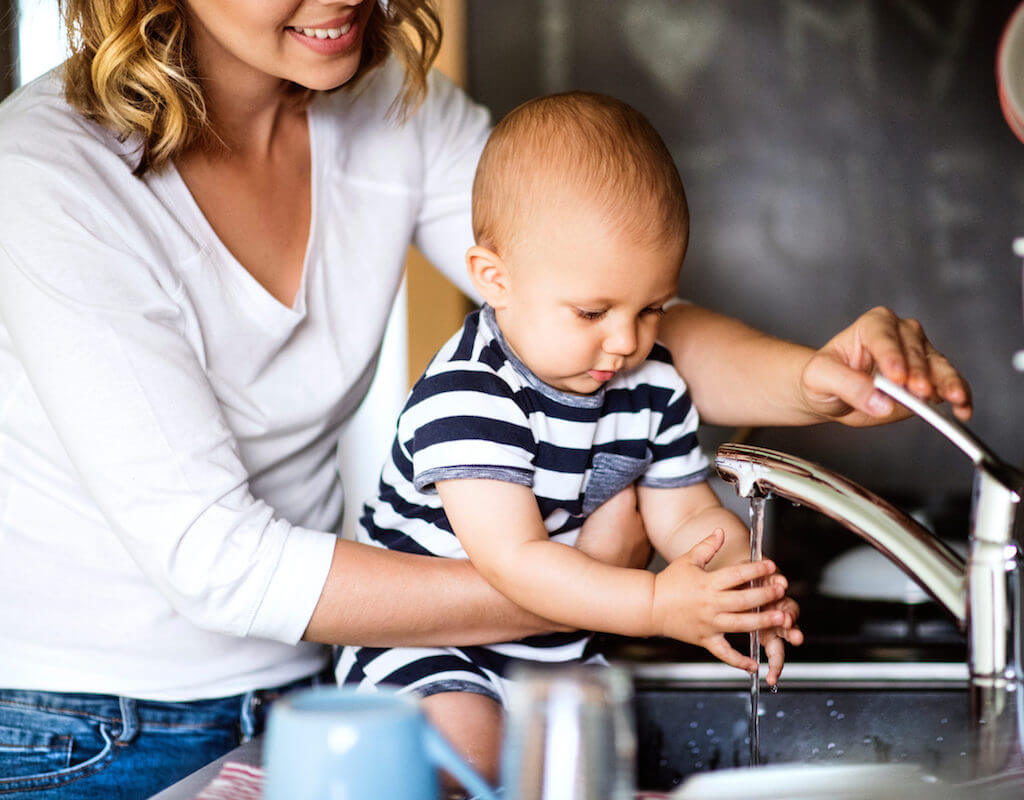
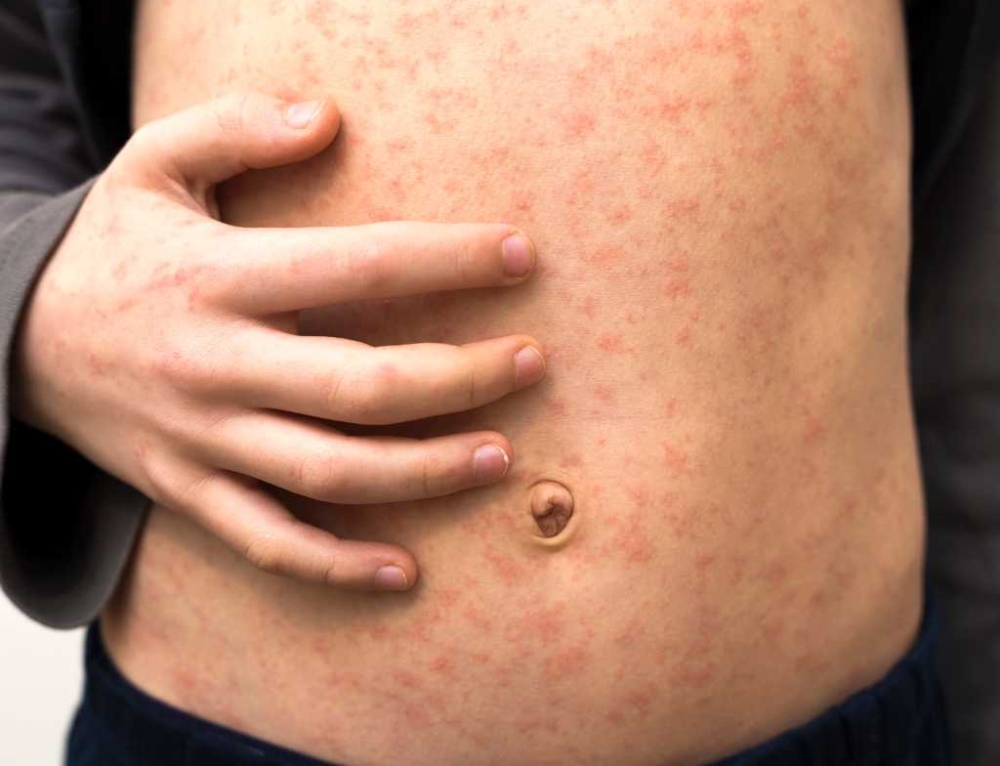
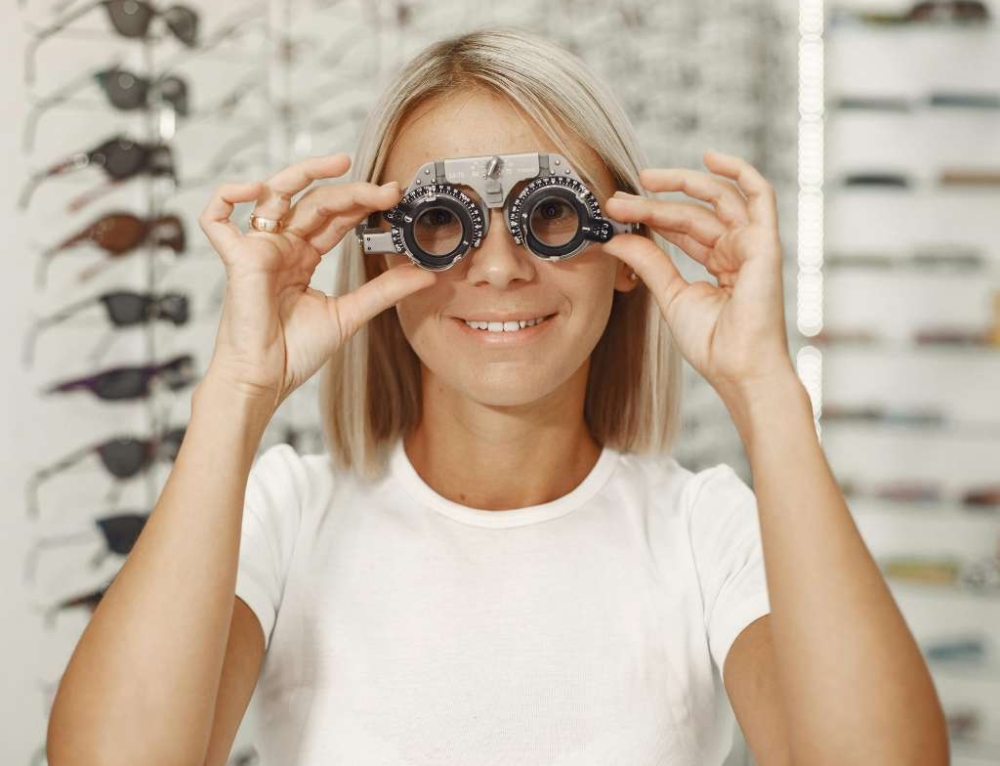
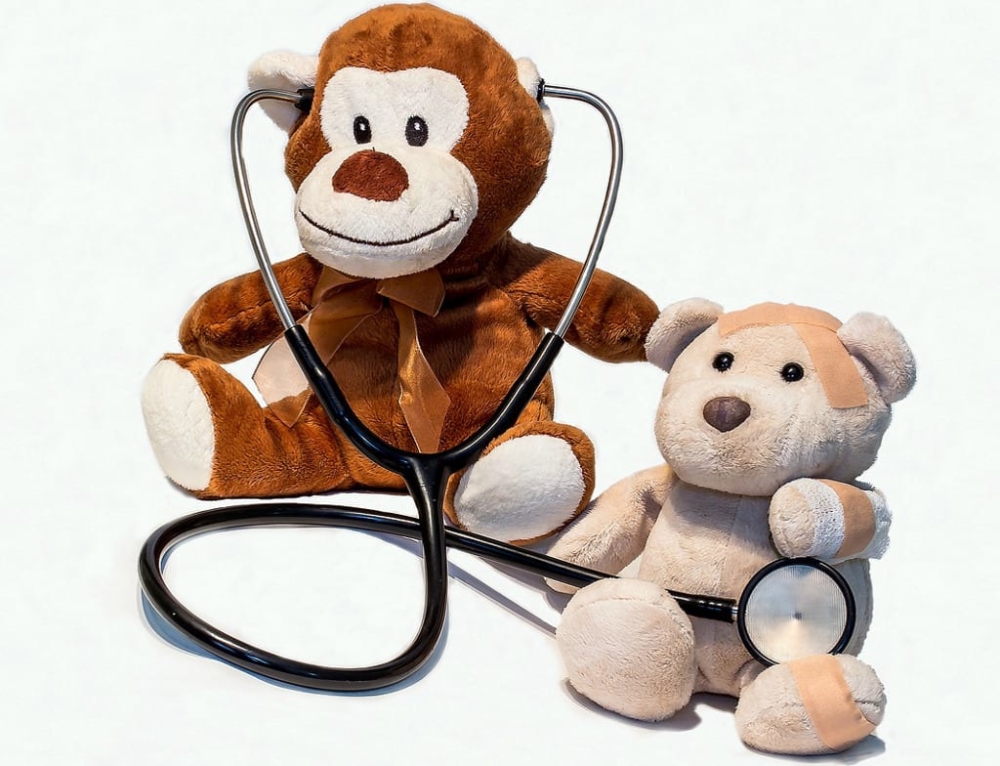
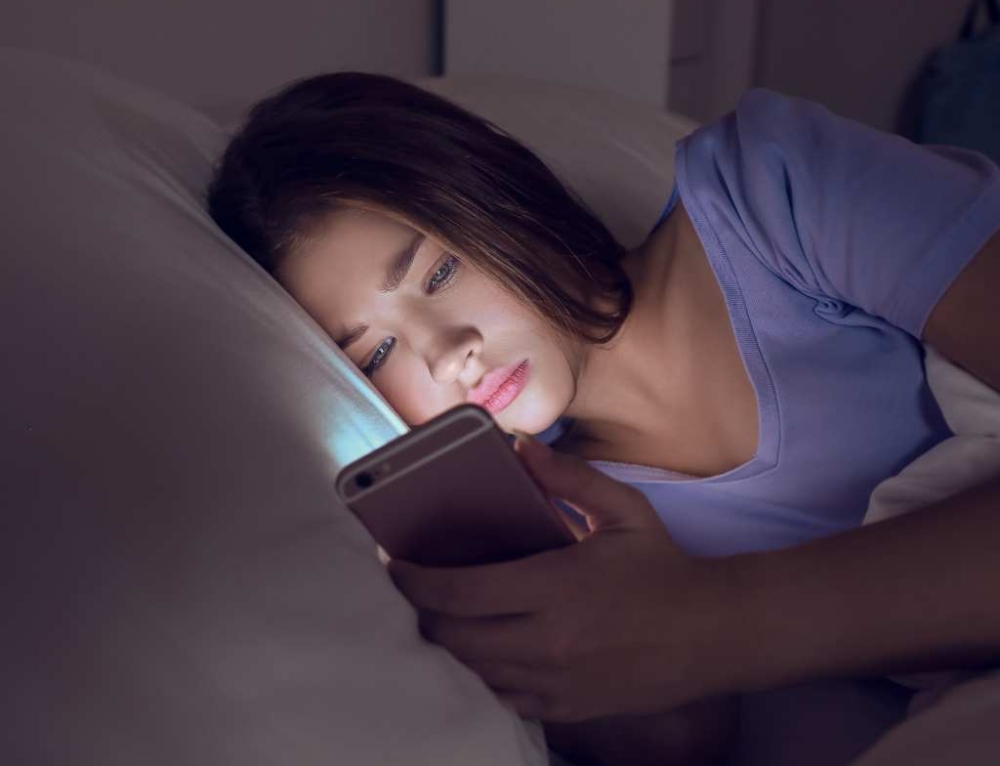

Leave A Comment
You must be logged in to post a comment.